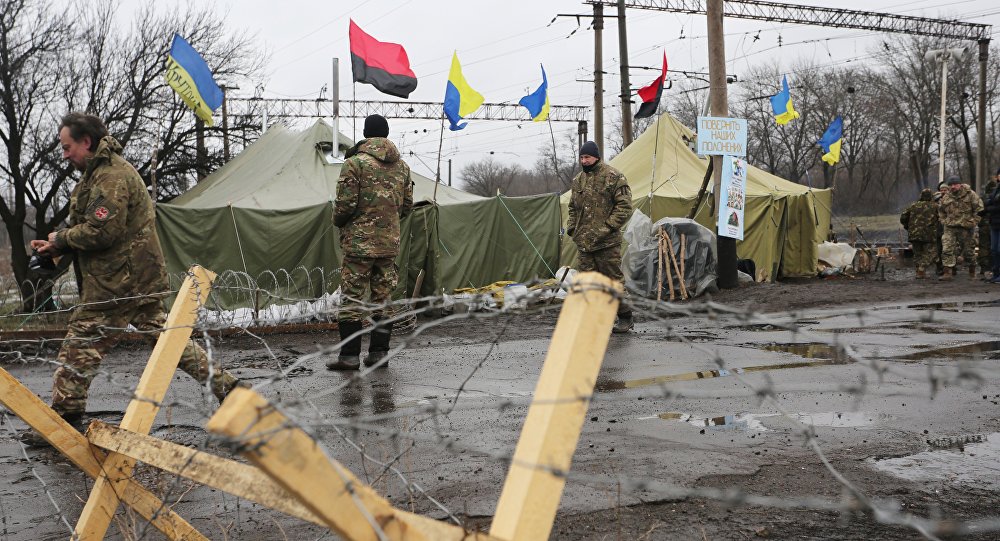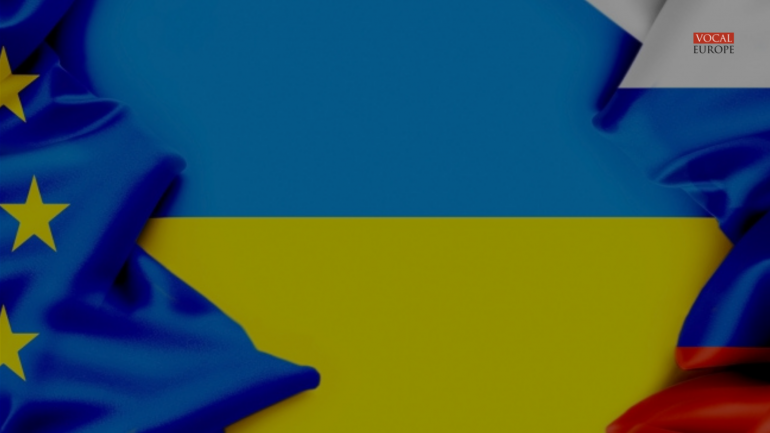
On November 11, so-called “elections” were held in the occupied territories of Donetsk (DNR) and Luhansk (LNR), in the Eastern area of Ukraine commonly referred to as Donbas. The two self-proclaimed People’s Republics of Donetsk and Luhansk chose their leaders and the deputies of people’s councils. The outcome was far from unexpected, especially with potential challengers to the role being excluded from the ballot.
In both regions the electoral results confirmed the status quo of the candidates already serving as the acting heads to the republics and to the respective political parties won in Luhansk with 68.3% of votes, while in Donetsk the winner was Denis Pushilin, receiving 60.85% of the votes. However, no international institution monitored the electoral process, which indeed attracted many reports of bribery and rigging, irregular procedures and acts of intimidation of the population.
Even the extremely high turnout — 80.1% of eligible voters in the DNR and 77% in the LNR, according to the results published by the separatist authorities — is difficult to confirm, as it is impossible to determine the exact number of those eligible to vote. The resolution to organize elections in the two Republics was reached because of the void of power left after the death of former DNR leader Alexander Zakhartchenko, killed by a bomb blast at the end of August 2018, and the political destitution of former LNR head Igor Plontitsky in November 2017.



